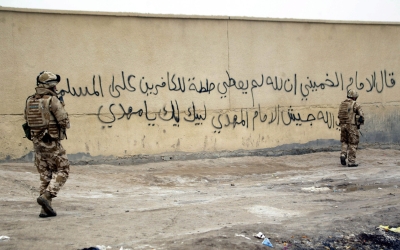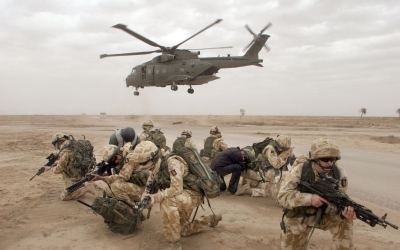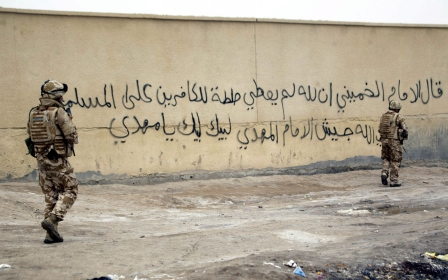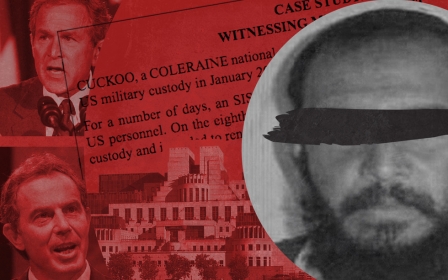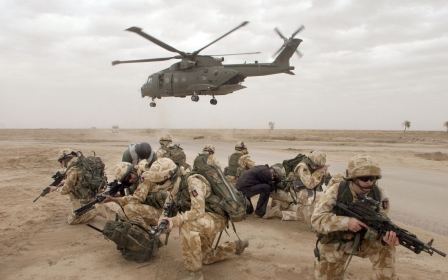UK ministers and military accused of war crimes cover-up in Iraq and Afghanistan
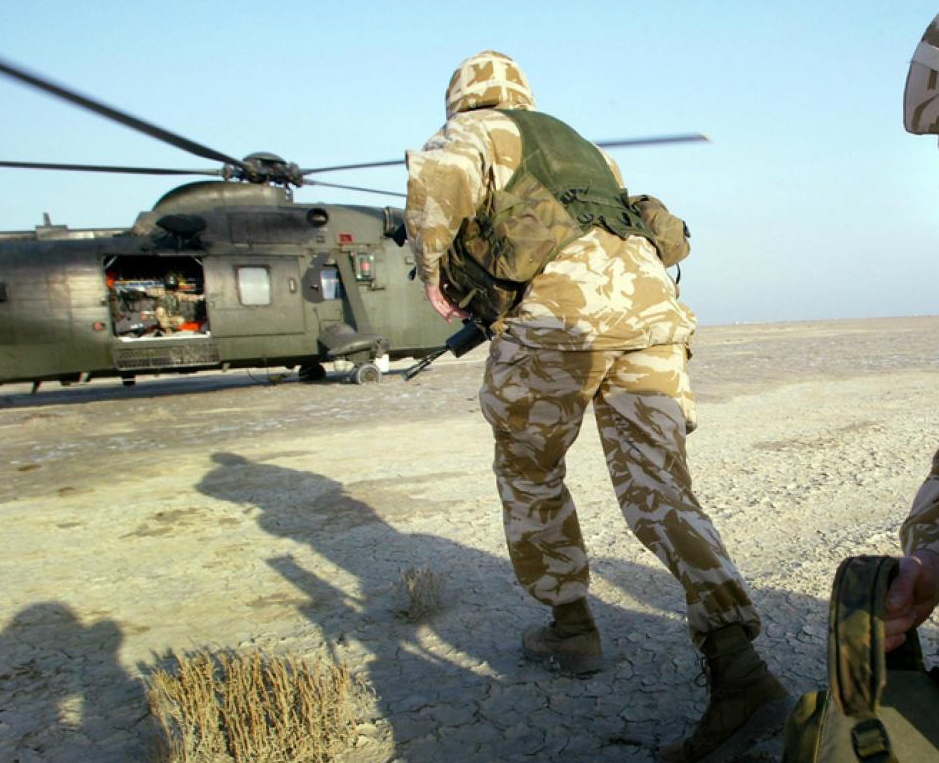
Allegations that British troops committed war crimes in Iraq and Afghanistan have resurfaced following claims that senior military commanders conspired to cover up the evidence.
A joint investigation by the BBC and the UK's Sunday Times found that evidence implicating soldiers in the murder of children and torture of prisoners was ignored or suppressed.
After interviewing a number of unnamed former civilian police officers who were tasked with investigating the allegations, the two news organisations concluded that political pressure from UK government ministers and the country’s Ministry of Defence (MoD) frustrated the investigations.
One investigator was quoted by the newspaper on Sunday as saying there was direct interference in investigations.
“There was more and more pressure coming from the Ministry of Defence to get cases closed as quickly as possible,” they said.
Another described what happened as “disgusting,” adding that the families of victims were not receiving justice.
“How can you hold your head up as a British person?” they said.
One investigator will be quoted by the BBC’s Panorama documentary programme on Monday as saying: “The Ministry of Defence had no intention of prosecuting any soldier of whatever rank he was unless it was absolutely necessary, and they couldn't wriggle their way out of it.”
The British military has been dogged for years by allegations that war crimes were committed in Iraq and Afghanistan, and the MoD has paid out millions of pounds in compensation, without admitting liability.
One soldier pleaded guilty to a war crime following the death in September 2003 of Baha Mousa, a Basra hotel receptionist being held in British army custody, and a public inquiry later concluded that the worker had been tortured to death by British troops.
There were reports in the UK media nine years ago that several other men had died in British military custody in Iraq, and earlier this year Middle East Eye reported that British rules of engagement had been watered down to permit the shooting of unarmed people.
Why was the British Army in Iraq and Afghanistan?
+ Show - HideThe UK sent forces to Afghanistan as part of the international coalition that invaded the country in 2001 following the 9/11 al-Qaeda attacks in the US, and to Iraq in 2003 as part of a US-led invasion to overthrow Saddam Hussein.
In both countries British soldiers became increasingly bogged down fighting against insurgents opposed to international occupation.
In Iraq, British forces were handed responsibility for security in Basra and three provinces in the south, but their presence was challenged by Muqtada al-Sadr’s Mahdi army militia fighters.
In September 2007, British forces withdrew from their bases in the city to the airport on the outskirts, the targets of “relentless attacks”, according to an International Crisis Group report which said that their retreat was viewed by locals as an “ignominious defeat”.
In Afghanistan, British forces had been deployed in 2006 to Helmand Province. But they proved ineffective against the resurgent Taliban and in 2009 more than 100 British soldiers were killed.
British troops eventually withdrew from Afghanistan in 2014, with 454 service personnel killed over the course of their 13-year campaign in the country.
The BBC and Sunday Times investigation focused on the civilian police investigations – overseen by the MoD – that were opened after details of the abuses began to emerge in civil court proceedings in London, where victims’ families were demanding redress.
Their inquiries point to widespread MoD interference in the police investigations to ensure that no soldiers faced criminal prosecution, apparently to protect the reputation of the British armed forces.
At the same time, the MoD lodged a series of complaints against lawyers who were bringing civil claims against it.
Ken Macdonald, a former director of public prosecutions, commented in the Sunday Times that “it is though ministers feared the effects of justice”.
Macdonald added: “All this may come home to roost. In 2002 the International Criminal Court was set up, with Britain’s enthusiastic support, to prosecute crimes against humanity where individual nations were too cowardly, incompetent or unwilling to bring their own citizens to justice in the face of compelling evidence of the gravest international crimes.
“Now as the court turns its eyes towards us, we are forced to confront the unnerving possibility that one of those derelict nations might be our own.”
The MoD said the allegations had been investigated, and that military prosecutors had decided against bringing charges.
Middle East Eye delivers independent and unrivalled coverage and analysis of the Middle East, North Africa and beyond. To learn more about republishing this content and the associated fees, please fill out this form. More about MEE can be found here.


